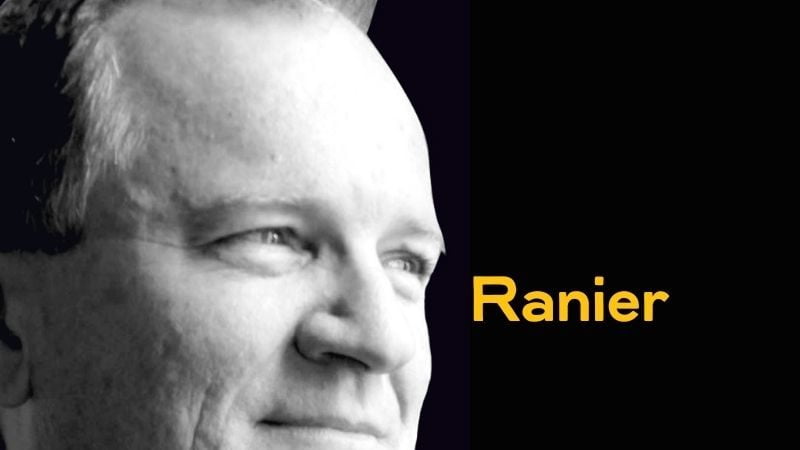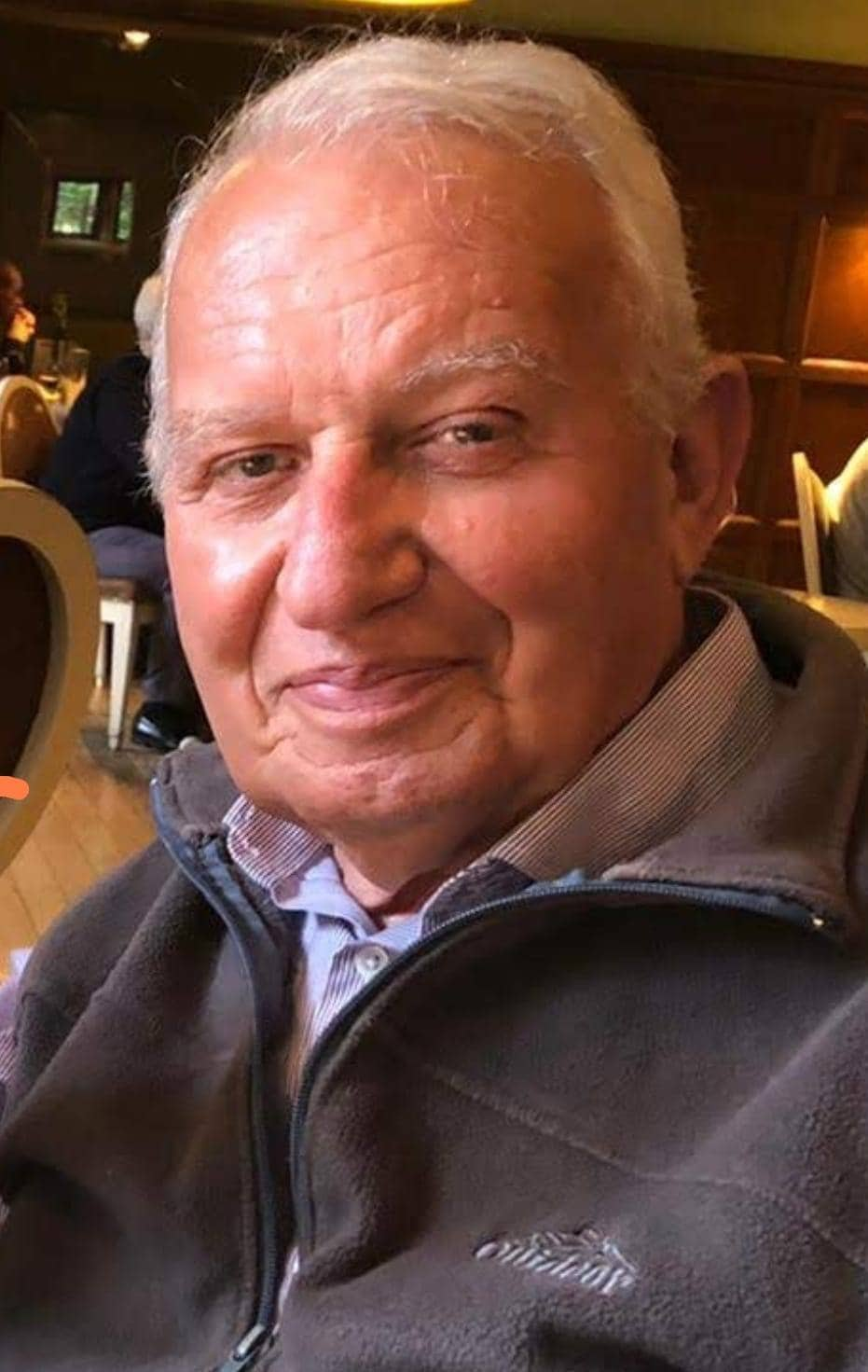The courtroom dramas of this past week have torn apart a curtain of sleaze, robbery, and destruction of livelihoods and lives. The outcry has been led by those who were the most direct victims, not least Allied Newspapers and the Caruana Galizia family. But one group of victims — at least, a group we should naturally think of as victims — has remained silent: the Labour Party’s top brass.
You’d think they’d feel as betrayed and furious, saddened and chastened, as The Times of Malta was this week. You’d think that, like The Times, they’d ask for people’s understanding and pledge their loyalty to the public interest. What we got was something else.
We had Robert Abela fumbling for alibis. All these scandals occurred before he became Labour leader and, after all, he can only speak for himself. What?
He’s leader of the Party whose machine protected and promoted crooks. It’s his duty and privilege to speak on its behalf. Emmanuel Macron has apologised for French atrocities in Algeria 60 years ago; Pope John Paul II apologised for the Galileo trial held 300 years before he was born. Does Abela’s narcissism not spare the very Party he leads, so that he feels no need either to defend its dignity or respect the members who were led out, under Labour banners, to defend Keith Schembri against charges of money laundering?
Victims denounce. They don’t invoke alibis. It’s cronies who come up with them, steering clear of denunciations, lest their own misdeeds are exposed. After the alibi, the clamming up.
That’s the strange thing about Labour’s behaviour at the very top. In the very way it detaches itself from this week’s events, it behaves as though it’s guilty. Why?
Then there are the strenuous attempts to change the narrative. This week has seen no fewer than three attempts.
The first: the alleged crimes were committed under a Nationalist government. Not quite, as we found out. Some continued up till 2019. In any case, so what? The point is not when the crimes were committed but when they were first exposed. And that was during Joseph Muscat’s time. The revelations were ignored. Schembri’s cronies continued to gain contracts and appointments.
The second change of narrative looks, smells, and sounds as though it’s in anticipation of people asking whether Schembri’s heist at Progress Press was simply practice — for bigger game like hospital privatisations, power stations and wind farms.
So we get the narrative that it was the last Nationalist government that brought the economy “to its knees” by practising “austerity”. Actually, that’s all false; Malta began to recover from a deep global recession by 2010, and its 2012 Budget and planned tax cuts were adopted by Muscat. It’s also irrelevant — unless you’re Abela, and receiving sharp criticism from the Malta Employers Association, the gaming industry, and the tourism sector because of the serious economic damage inflicted by the muck that’s coming to light.
Then, yesterday, there’s a banner set up outside The Times, saying: “Times Mafia”. The people who put it up are anonymous, which itself is a tell-tale sign of political operatives. Civil society activists are always quick to claim credit for their banners.
When did we last see the victims of crime blamed as the perpetrators — by anonymous operatives? Oh yes, the “Where’s the Laptop?” campaign conducted against the Caruana Galizia family.
There’s a deeper similarity. The real Mafia is an enemy of the State. To smear The Times with being involved with the Mafia is to call journalists “enemies of the State”.
The last to be virtually called an enemy of the State was the Caruana Galizia family, when it wanted Silvio Valletta off the assassination investigation, to be replaced by an independent team. The Maltese State responded by saying the family was trying to undermine its sovereignty. Abela, then a backbencher, accused the family of despising Malta so much that it would rather not see the case solved. Today, we all know who was really undermining the State’s sovereignty.
The “Where’s the Laptop?” campaign was not just malicious. It turned out to be complicit in trying to divert attention from the real trail. It’s the same with the “Times Mafia” banner.
So it shouldn’t be ignored. It needs to be denounced. If anyone clams up, they’ll be eloquently telling us whose side they’re really on.
https://www.facebook.com/repubblika/posts/890197954888007















Silence is tacit consent. Let us never forget that. The ones who are silent cannot speak up because in one way or another all have probably been bought and therefore compromised. Or else they believe that the power of the police is way weaker than the power of those hidden (or not so hidden) hands who really lead the country.
“…………… , it behaves as though it is guilty. Why?” How about: Because it is guilty? I think Occam would agree with that.